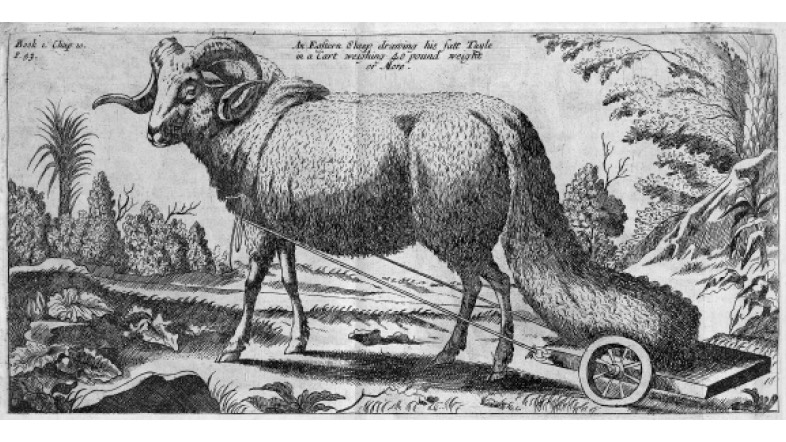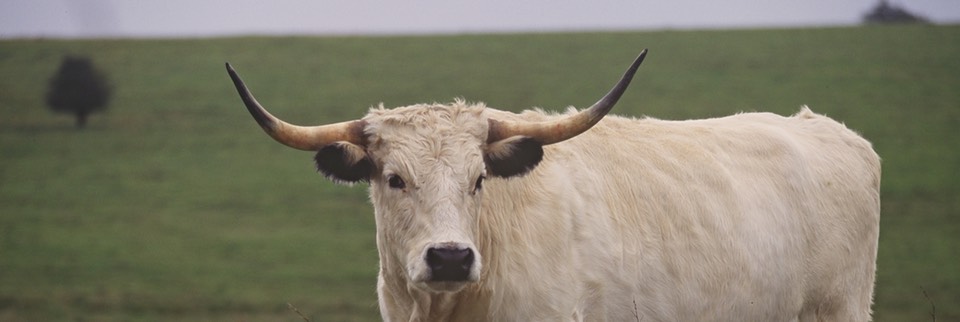
Podcast: Play in new window | Download (Duration: 26:07 — 24.0MB)
Subscribe: Google Podcasts | Spotify | Android | RSS | More
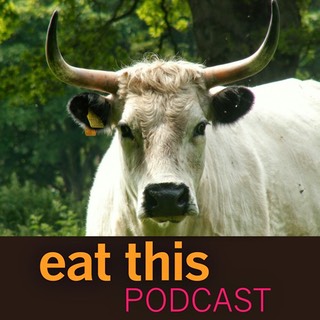
Modern livestock breeds are incredibly efficient, gaining weight at a prodigious rate and supplying astonishing quantities of milk and eggs. That efficiency, however, comes at a cost: the food needed to support such a metabolism. Much of that food could be eaten directly by people, and certainly the lush pastures that support modern dairy cows, for example, might be put to better use growing food for people. But then, where will our meat, milk and eggs come from?
Lawrence Alderson founded the Rare Breeds Survival Trust in the UK in 1973. Those breeds, he contends, are the key to future food security. It is thanks to the foresight of Alderson and other visionaries around the world that rare and heritage breeds are still here to convert stuff we can’t eat into stuff we can eat.
Notes
- Lawrence Alderson’s has a website. His new book is The quest to conserve rare breeds: setting the record straight. If you follow that link (which is an affiliate link), you’ll do better by clicking on the flag at top right and switching to the UK front for bookshop.org.
- Here’s where to find out more about the Rare Breeds Survival Trust.
- I remain dubious about the whole Sir Loin story, although I wasn’t going to press the point any harder than I did. Wikipedia seems to agree: “There is no reliable evidence for this explanation and scholars generally hold it to be a myth.” I don’t doubt that James I of England dined on some fine beef at Hoghton Tower in 1617, and the beef could well have come from White Park cattle. Did he knight it? Convince me.
- In case you were wondering about the new herds of Northern Shorthorn Dairy cattle, I think this is one of the places Lawrence Alderson was talking about: Stonebeck Raw Wensleydale Cheese.
- Rules 4 and 10 of Ten golden rules for reforestation to optimize carbon sequestration, biodiversity recovery and livelihood benefits are why you should not plant trees on uplands.
- Here is the transcript.
- Banner photo of a White Park cow maintaining a Site of Special Scientific Interest on Salisbury Plain by Natural England/Paul Glendell used with permission


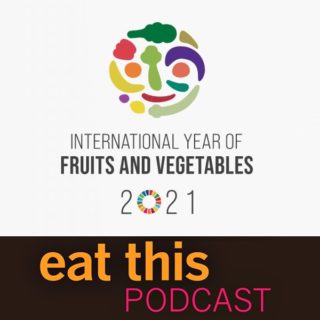

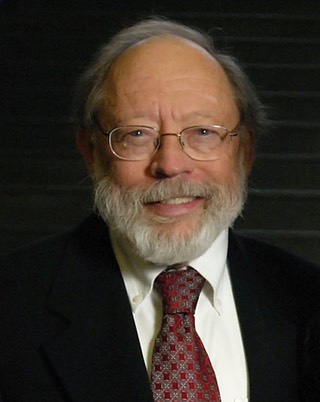


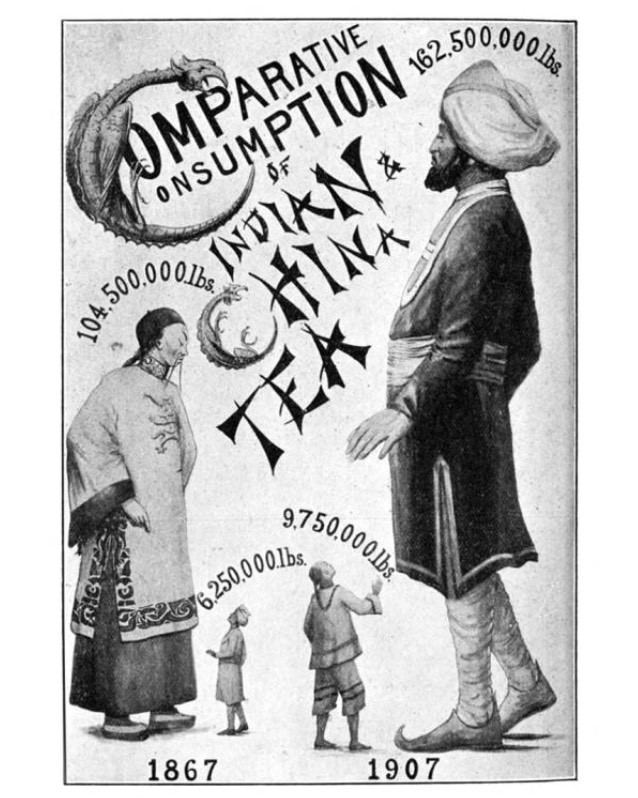

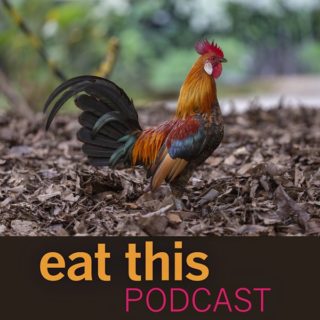 Not so long ago, the only clues we had to animal domestication came from archaeological digs. If you were lucky, you could get a reasonably accurate date for bones that were definitely not from wild animals, although the origin stories they told were vague and unsatisfying. More recently, molecular biology has come to the rescue in the form of DNA sequences, which can even — again with a bit of luck — be extracted from very old bones. Better yet, it has become routine to sequence DNA from all manner of living creatures, and those sequences can shed light on ancient events even when there are no bones in the picture.
Not so long ago, the only clues we had to animal domestication came from archaeological digs. If you were lucky, you could get a reasonably accurate date for bones that were definitely not from wild animals, although the origin stories they told were vague and unsatisfying. More recently, molecular biology has come to the rescue in the form of DNA sequences, which can even — again with a bit of luck — be extracted from very old bones. Better yet, it has become routine to sequence DNA from all manner of living creatures, and those sequences can shed light on ancient events even when there are no bones in the picture.